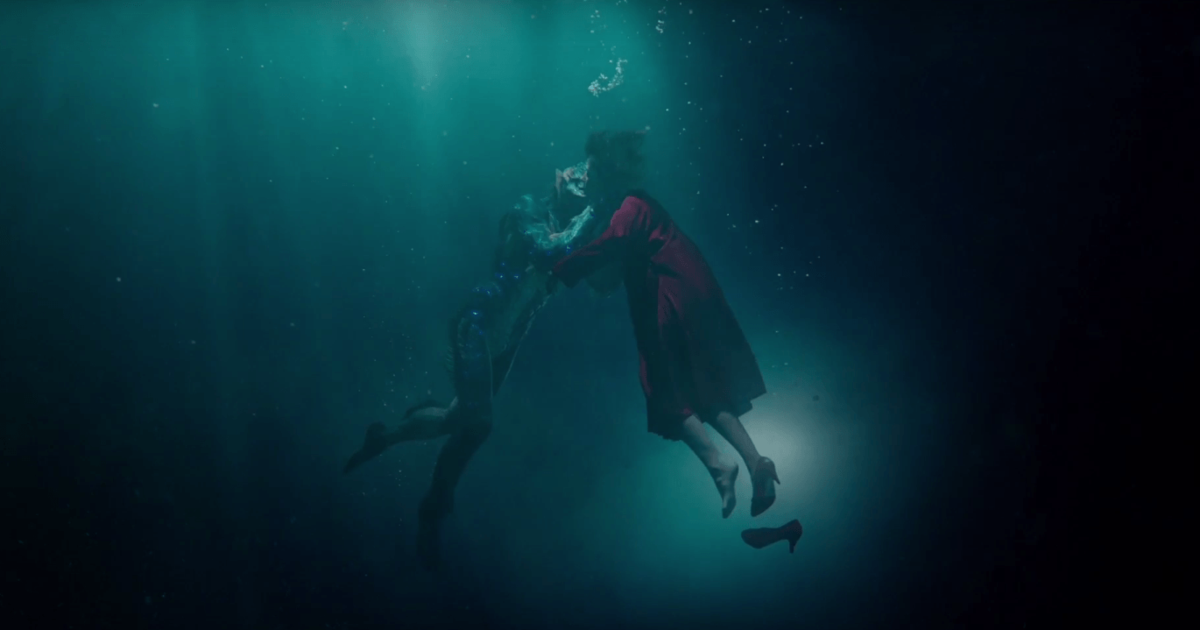There are at least four moments in Liam Neeson's on-screen career that stand out for me - helping Jeremy Irons with Daniel Berrigan (of all people), in the powerful drama of heart-spirituality versus powerful religious institutions The Mission; sitting and waiting for the wolves at the end of the underseen existential action movie The Grey; the despair in his face at the climax of Lamb, the almost unbearably sad film about broken attempts at fixing people; and most of all, in Schindler’s List when he realizes that he “could have done more” to rescue people from the Holocaust. But for the past decade and more, his public persona has been so intertwined with the character he played in the Taken series of crash-happy revenge thrillers that it’s easy to forget he started as a serious actor, and remains one, in the right projects.
Last week his mainstream reputation may have been replaced, because of something he said to a journalist. As far as I can see, what he said can be roughly paraphrased as the following:
“Four decades ago, something awful was done to someone I cared about; I was primed by my own prejudices to ask her the ethnicity of the person who did it; for a short time thereafter I was consumed with thoughts of revenge, and went looking for someone who reminded me of the person who did this to my friend, ready to hurt or even kill them. After about a week, I thought better of this, and stopped. Subsequently, I reflected on the cycle of tit-for-tat violence in my home country, and felt regret about the futility of it all. I’m ashamed of the way I acted in the past.”
This attempt at an emotionally mature and vulnerable statement has been responded to with headlines implying that Liam Neeson harbors racist revenge fantasies. Little nuance is to be found.
Some thoughts:
1: When a white man speaks about such things, he should be mindful of the particular impact. It took Liam Neeson to show me this, and I’m sure I would have made a similar error, or worse. Spike Lee’s response summed it up: suggesting that Liam might have been engaging in a form of public confession, but that his words did not acknowledge the reality of how many innocent black men have been targeted because of false allegations and simple prejudice. Confession isn’t just good for the soul - when the harm is public, the acknowledgement should be also. But there is a more articulate and conscious way to make such a statement. It might be best to do some inner work and conscious engagement with anti-oppression education, community service, and relationship-building; and to only say publicly what can serve the common good. But I’m not going blame Liam Neeson for stating something as imperfectly as many of us might ourselves, given the same circumstances.
2: When someone acknowledges their shame over past bigotry and vengeful actions, and says that it was awful, and that they learned a lesson from it, and that they see how much pain is caused when people give into their rage even if that acknowledgement is imperfectly articulated … it's an opportunity to listen.
3: When someone frequently appears in movies whose arc is usually about a white man killing bad guys (often brown ones) to avenge their terrible deeds; and when such violence is played as cathartic, gruesome, and an eye for an eye (or a few bodies in exchange for one)…it’s an opportunity to ask questions about just why such movies are so popular, and what they might be doing to our collective visions of how to resolve conflict, who is good, and the world itself.
4: When such an acknowledgement is made in the course of trying to publicize such a movie, it’s an opportunity to stand back, take a good look at both the acknowledgement and the type of movie, and why the acknowledgement is more controversial than the film. In other words, in condemning Liam Neeson for acknowledging his own mistake, but ignoring the possibly far more damaging impact of his (and hundreds of others) producing thoughtless revenge stories, are we punishing the wrong sin? And is our choice to ignore the latter because we are implicated as mass consumers of that revenge fantasy?
5: If I can find within myself the same tendency to revenge, then perhaps it’s an opportunity for me to remember that the desire for revenge is a human universal; and that we need new narratives about vengeance, which recognize the natural urge to revenge, but refuse the expression of violence, and work toward responses that restrain and hold accountable the violent, offer the most expansive amends possible to the victims, and allow the possibility of healing for every one. This must include incentives for people to acknowledge our mistakes, make amends, and have at least the possibility of restoration.
This is not naive. It’s actually how the world works, at its best. Liam Neeson shouldn’t be our scapegoat. His disavowal of revenge in the real world should not become a pretext for his own punishment; his movies that fantasize about revenge in the dream world might deserve some thoughtful interrogation; and maybe most of us could ask ourselves how we can be better prepared to respond to the bad with doing something better.
Just a thought.
PS: In the spirit of doing something better, here’s some movies that handle vengeance with care:
Lizzie, Revanche, The Crossing Guard, Hell in the Pacific, Moby-Dick, The Godfather Part II, The Duellists, Munich, Gandhi, Pride, Selma, The Color Purple, Jesus of Montreal, The Fisher King, Atanarjuat The Fast Runner, Monster’s Ball, Blindspotting
And some of Liam Neeson’s best work:
Widows, The Ballad of Buster Scruggs, Kinsey, Silence, The Prophet.

